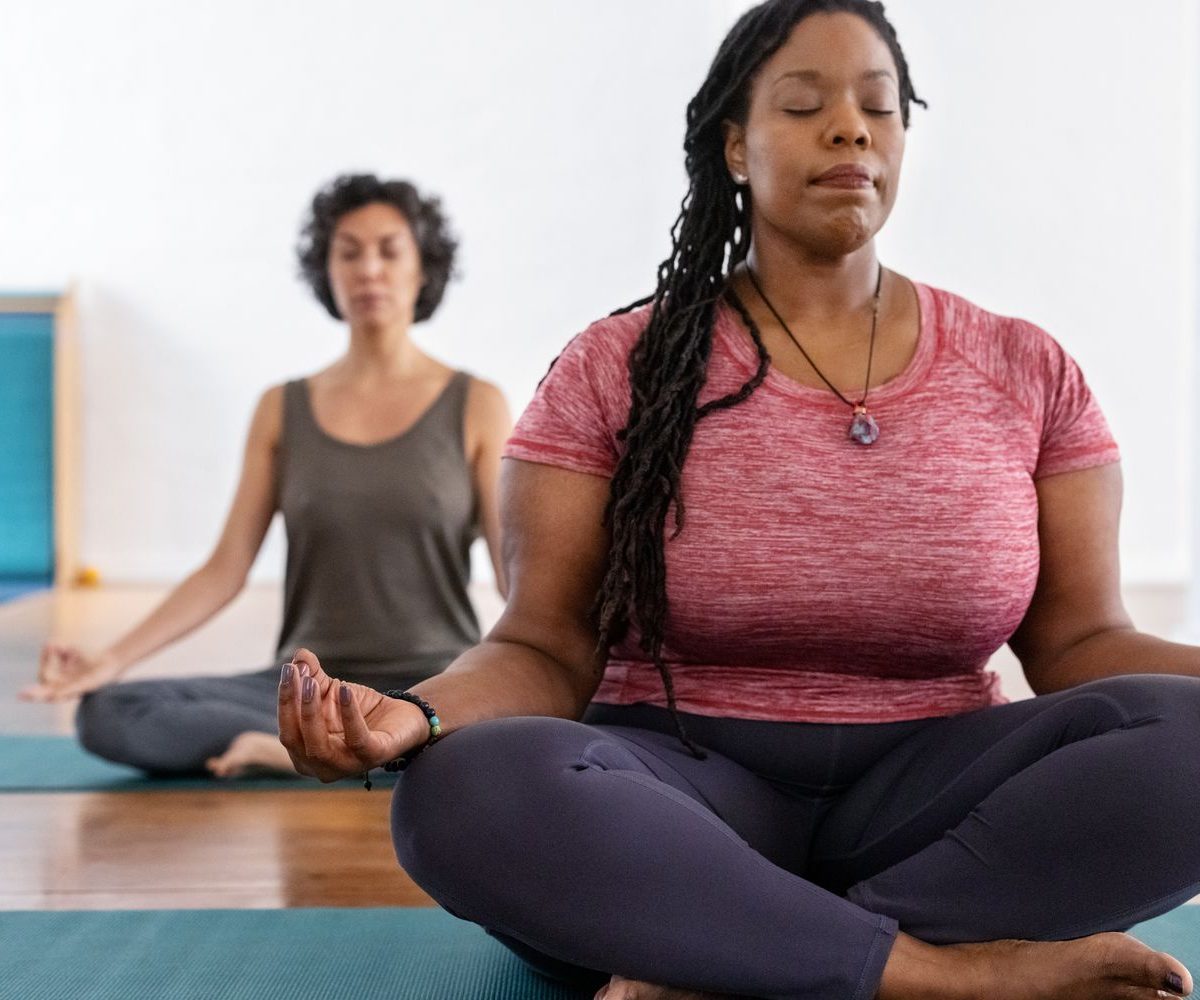In today’s fast-paced world, the pursuit of good health has never been more important—or more complex. With constant exposure to information about diet trends, workout plans, wellness hacks, and mental health advice, it’s easy to feel overwhelmed. Yet, true health isn’t about following the latest fads. It’s about creating a balanced lifestyle that nurtures your body, mind, and spirit.
This article explores the core components of a healthy life, the importance of taking a holistic approach, and simple strategies you can use to build sustainable habits that support long-term well-being.
What Is Health, Really?
Health is often defined narrowly as the absence of disease. But true wellness goes far beyond not being sick. According to the World Health Organization (WHO), health is “a state of complete physical, mental and social well-being.”
That means health includes how we move, eat, think, sleep, manage stress, connect with others, and find purpose in life. Each of these aspects plays a vital role—and when one is out of balance, it affects the rest.
In short: health is not a destination, but a lifelong journey of alignment and self-care.
The Pillars of Holistic Health
A well-rounded, healthy lifestyle rests on five key pillars:
1. Nutrition: Fueling Your Body
Good nutrition is the foundation of physical health. What we eat influences our energy levels, immune system, brain function, and even mood.

Tips for better nutrition:
-
Eat more whole foods: fruits, vegetables, lean proteins, nuts, seeds, and whole grains.
-
Reduce processed foods high in sugar, salt, and unhealthy fats.
-
Stay hydrated: aim for 1.5 to 2 liters of water per day.
-
Practice mindful eating—slow down, savor your meals, and avoid distractions while eating.
There’s no one-size-fits-all diet, but a balanced, nutrient-dense approach can significantly improve your well-being.
2. Physical Activity: Move Every Day
Exercise isn’t just for weight loss. Regular movement strengthens the heart, improves circulation, boosts mental health, and helps prevent chronic disease.
Types of beneficial activity:
-
Cardio: walking, jogging, cycling, or swimming to improve heart health.
-
Strength training: using weights or body resistance to build muscle and bone density.
-
Flexibility and balance: yoga or stretching to improve mobility and reduce injury risk.
The key is consistency. Even 30 minutes of moderate activity per day can have lasting benefits.
3. Sleep: The Underrated Superpower
In the hustle of daily life, sleep is often the first thing we sacrifice. Yet, it’s one of the most powerful tools for healing and rejuvenation.
Why sleep matters:
-
Supports memory and cognitive function
-
Helps regulate hormones, appetite, and metabolism
-
Strengthens the immune system
-
Reduces stress and inflammation
How to improve sleep:
-
Keep a consistent sleep schedule
-
Create a relaxing bedtime routine
-
Limit screen time before bed
-
Avoid caffeine and heavy meals late in the day
Adults typically need between 7–9 hours of quality sleep each night to function optimally.
4. Mental and Emotional Wellness
Health isn’t only about the body—our thoughts, emotions, and mental state matter just as much. Stress, anxiety, and depression can impact everything from digestion to immunity to heart health.
Ways to support mental well-being:
-
Practice mindfulness and meditation
-
Journaling or talking with a friend or therapist
-
Spend time in nature
-
Limit social media use and protect your mental space
-
Develop a gratitude practice to shift your mindset
Remember, seeking professional help for mental health is a sign of strength, not weakness.
5. Healthy Relationships and Social Connection
Human beings are social creatures. Positive, supportive relationships are essential for emotional balance and resilience.
To foster stronger connections:
-
Make time for meaningful conversations
-
Set boundaries with toxic individuals
-
Join groups or communities with shared interests
-
Practice active listening and empathy
-
Prioritize quality over quantity in relationships
Loneliness has been linked to a higher risk of chronic illness and early death—just as dangerous as smoking or obesity. Connection is truly a vital health factor.
Preventative Care: Staying Ahead of Health Issues
A proactive approach to health helps you avoid illness before it starts. Regular check-ups, screenings, and vaccinations play a key role in prevention.
Recommended actions include:
-
Annual physical exams
-
Dental check-ups and cleanings
-
Blood pressure, cholesterol, and blood sugar monitoring
-
Mammograms, colonoscopies, and other age-specific screenings
-
Staying updated on vaccinations
By catching issues early, you increase the chances of effective treatment and long-term health.
Stress Management: Balancing the Nervous System
Chronic stress is a silent killer. It’s been linked to heart disease, insomnia, digestive issues, anxiety, and even memory loss.
Strategies to manage stress include:
-
Deep breathing exercises (like box breathing)
-
Yoga or tai chi
-
Practicing hobbies like art, music, or gardening
-
Spending time with pets or in nature
-
Saying “no” to unnecessary obligations
Even 10 minutes of focused breathing or gentle stretching each day can help bring your nervous system back into balance.
Building Healthy Habits: The Power of Routine
Creating a healthy lifestyle isn’t about overnight change—it’s about building habits that stick.
Tips for habit-building:
-
Start small: one new habit at a time
-
Anchor new habits to existing routines (e.g., meditate after brushing your teeth)
-
Track your progress to stay motivated
-
Celebrate small wins
-
Be kind to yourself—progress over perfection
Health is a lifelong process, not a sprint. What matters most is consistency, not intensity.
Personalizing Your Health Journey
Each person’s body, goals, and circumstances are unique. What works for one individual may not work for another. That’s why it’s important to listen to your body and make adjustments based on what feels right for you.

Personalized health means:
-
Understanding your body type and metabolism
-
Considering cultural and dietary preferences
-
Being aware of food intolerances or allergies
-
Adjusting your workout routine based on energy levels and injuries
-
Seeking support from health professionals when needed
Don’t be afraid to experiment and refine your wellness routine over time.
Final Thoughts: Health Is a Lifestyle, Not a Goal
Good health is not just about numbers on a scale or what you eat. It’s about how you feel, how you function, and how you live. It’s the ability to wake up with energy, manage stress with resilience, and enjoy life fully.
By embracing a holistic approach to health, you’re not just preventing disease—you’re building a vibrant, meaningful, and empowered life.
Start where you are. Take one small step today. Drink more water. Go for a walk. Prepare a home-cooked meal. Turn off your phone an hour before bed. These small shifts can lead to big transformations over time.
Because in the end, health isn’t something you find. It’s something you create—day by day, choice by choice.


